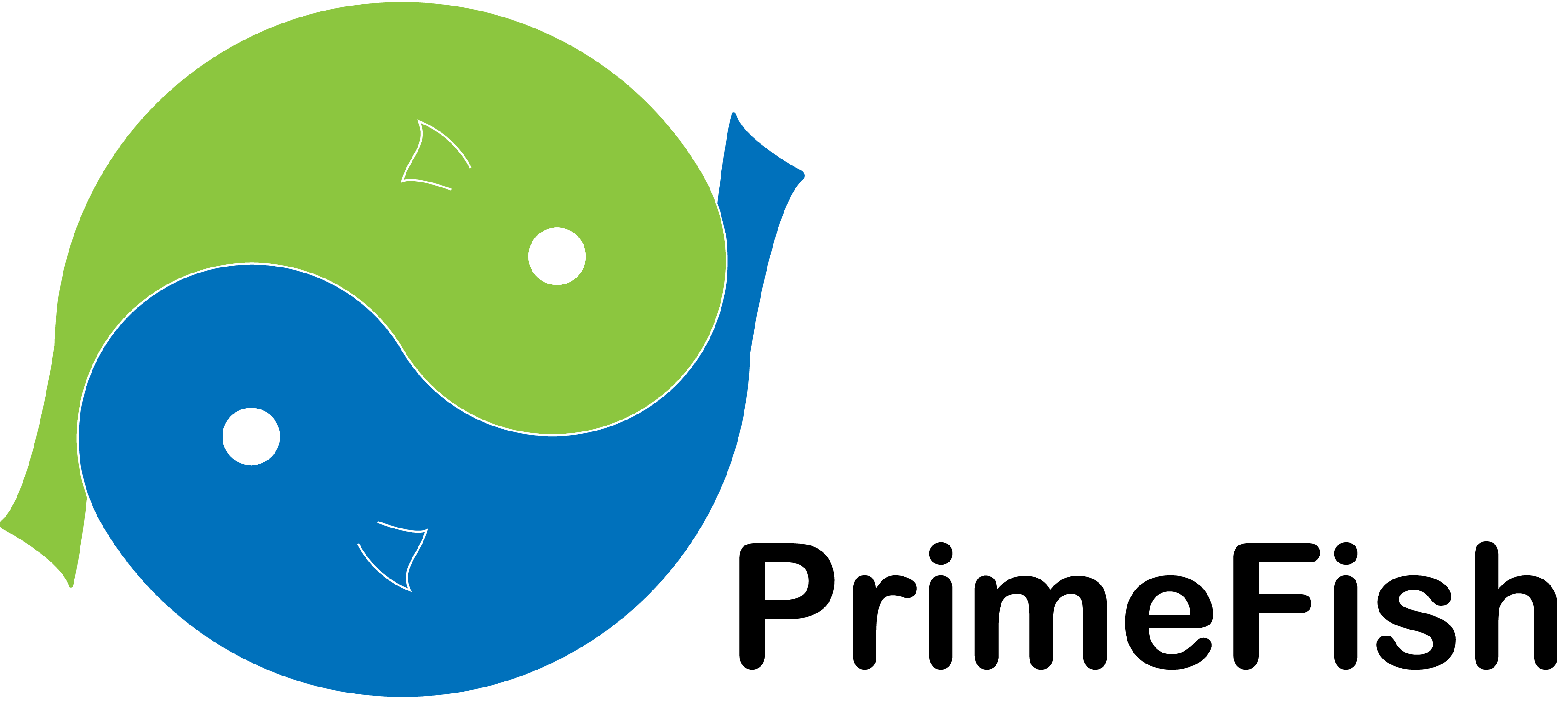Warning message
The subscription service is currently unavailable. Please try again later.While the adverse climate and health impacts of the Western diet have been demonstrated, the place of fish/seafood in climate-friendly and healthy diets is unclear.We tackle that question with a model simulating how a rational consumer urged to consume more fish would modify his diet.
Those adjustments are translated into health outcomes by an epidemiological model and climate outcomes usinglife-cycle analysis coefficients. The application to France and Finland compares the impacts of promoting fish consumption to those of urging consumers to decrease their consumption of meat. For the same relative change, raising fish consumption generatesmore health benefits than decreasing meat consumption, and produces climate benefits as well. Promoting fish consumption is also highly cost-effective and should be prioritized over measures targeting meat consumption. Rather than stigmatizing meat consumers, climate-friendly and healthy diet recommendations may more effectively send a positive message urging citizens to consume more fish.
Deliverable D4.9. Manuscript to a peer-reviewed journal on the health and environmental effects of increasing fish consumption
